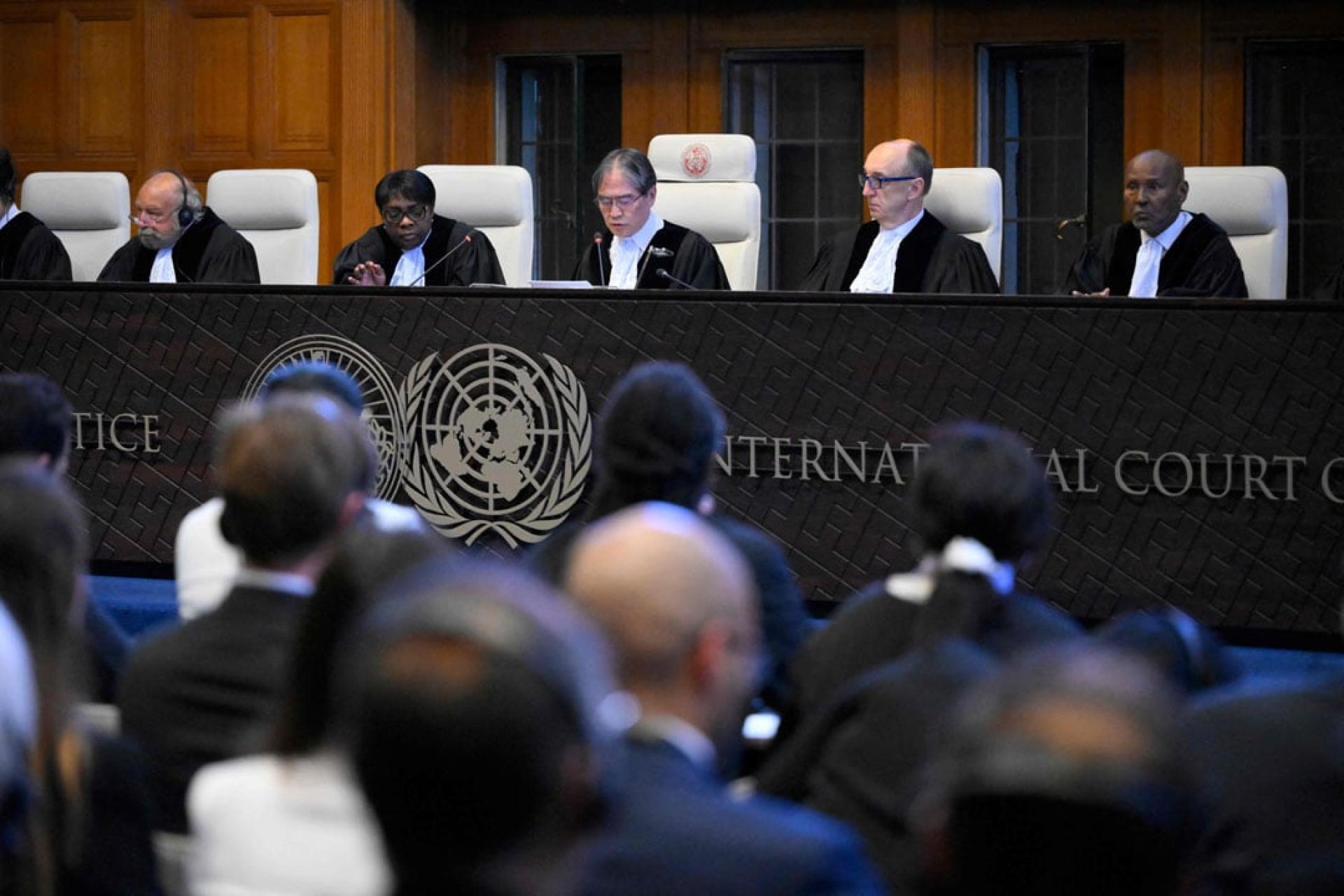On the 23rd, the International Court of Justice (ICJ) unanimously determined in an advisory opinion that a country's 'violation' of climate obligations constitutes an 'internationally wrongful act involving its responsibility,' and under certain conditions, it should provide compensation to affected countries based on the specific circumstances.
The ICJ's 15 judges concluded that a direct and specific causal link must be established 'between the wrongful act and the damage,' which is indeed difficult to determine in court, but 'not impossible.'
The Court stated in its advisory opinion that while the opinion does not carry legal binding force, it has political and legal significance.
ICJ President Yuji Iwasawa delivered a two-hour reading of the advisory opinion in The Hague.
Iwasawa stated that climate degradation caused by greenhouse gas emissions is an 'urgent existential threat.'
The Court rejected the viewpoint of major polluting countries, namely that existing climate treaties—especially the annual Conference of the Parties negotiation process—are already sufficient.
The Court believes that all countries have 'strict obligations to protect the climate system.'
The Court agreed with the views of small island countries, affirming that the climate 'must be protected for both present and future generations,' though major polluters refuse to legally recognize the individual rights of those not yet born.
The Court recognized that the most important part of this opinion—and the part most likely to be resisted by wealthy countries—stems from these obligations: compensation for countries suffering from climate damage.
Iwasawa said, 'The legal consequences of internationally wrongful acts may include... full reparation for the injury suffered by the injured state, in the forms of restitution, compensation, and satisfaction.'
Vanuatu's representative attending the Court session in The Hague told media that the Court’s opinion was a big surprise for them and that they are now filled with hope for the future.
